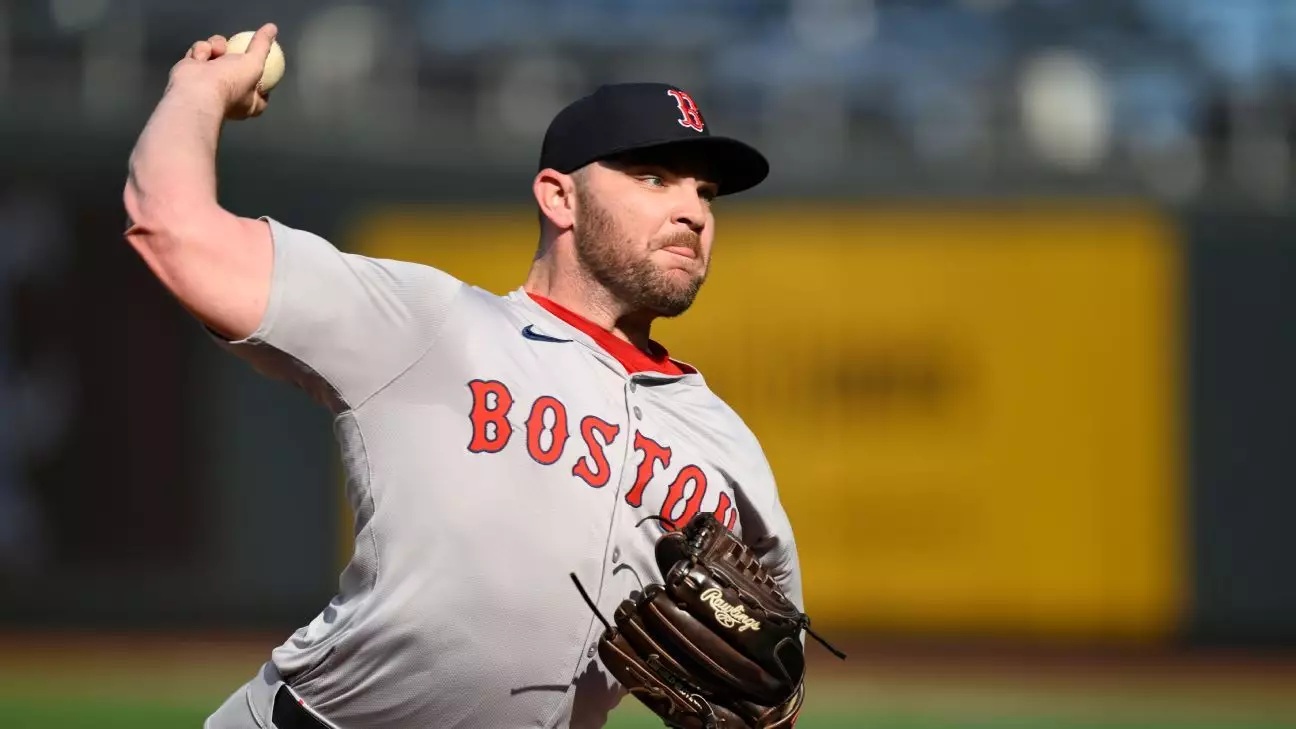In our digital age, the spotlight shines fiercely on public figures, especially athletes. As recent incidents have illustrated, the consequences of this visibility can be dire, crossing the boundaries of critique into the realm of vicious personal attacks. The Boston Red Sox’ Liam Hendriks recently brought this issue to the forefront by revealing the distressing death threats directed at him and his family after a game loss. As an empathetic team manager, Alex Cora responded with a thoughtful analysis of this troubling trend. Their experiences highlight a critical flaw in our society: a growing desensitization to cruelty and a misunderstanding of social responsibility.
The Misguided Freedom of Expression
When Alex Cora mentions that “people feel they have the right to say whatever they want,” he encapsulates a broader cultural issue: the toxic culture of social media. The anonymity provided by online platforms often emboldens individuals to express harmful sentiments without the fear of tangible repercussions. This free-for-all mentality dangerously alters the discourse, transforming critique into harassment. Death threats, especially towards someone simply doing their job — a job that millions enjoy watching — underscore an alarming shift from spirited fandom to a hostile environment filled with vitriol. It begs the question: when did venting frustration evolve into wishing for someone’s harm?
Beyond Performance Metrics
Liam Hendriks, amid his struggles with health and performance, has become a target for online hostility. With a 5.56 ERA in 11 appearances and a past battle against non-Hodgkin’s lymphoma, he stands as a testament to resilience. Yet, this human element often gets overlooked in discussions about performance stats. The expectation that athletes should deliver flawless records at the cost of their mental and emotional well-being is unfair. Fans, captivated by statistics, often forget the extensive challenges these players face off the field, including health crises and personal tragedies.
The Ripple Effect of Social Media Abuse
Cora’s statements regarding not only Hendriks but also his own experiences with online threats after a personal event perfectly illustrate the broader societal ramifications of unchecked online abuse. His thoughts resonate deeply in this hyper-competitive era where every action, decision, or moment of vulnerability is scrutinized and dissected. Cora’s reflections contain a poignant observation—“It puts everyone in a tough spot.” The effects extend beyond the athlete; they affect families, teams, and ultimately the entire sport. The ports and leagues are associated with the mental health and well-being of those who entertain the masses.
Creating a Safe Environment
Team leaders like Cora and others must navigate a precarious balance between protecting their players and acknowledging the very real concerns of mental health that accompany this public life. The sport cannot thrive when those playing it are scared for their safety or the safety of their families. There is an urgent need for sports organizations to implement more protective measures, not just in terms of physical security but also psychological support. Efforts to crack down on abusive behavior online through the collaboration of athletes and social media platforms may provide a much-needed shield against the barrage of negativity.
Fostering a Culture of Empathy
In this intricate web of modern interaction, fostering a culture of empathy is paramount. As fans, we are encouraged to internalize the shared experiences of athletes. They face the same pressures and challenges as the rest of us, but amplified. Banning together to raise awareness and insist on respectful dialogue can reshape the landscape of online interactions. Outrage can be expressed without descending into hatred. Cora reflects a shared vision for the sport, emphasizing the need to protect players and advocate for mental health—an initiative that can reform the sports experience both on and off the field.
The narrative surrounding athletes must evolve from mere performance metrics to encompass their humanity, struggles, and the multitude of factors influencing their lives and careers.

